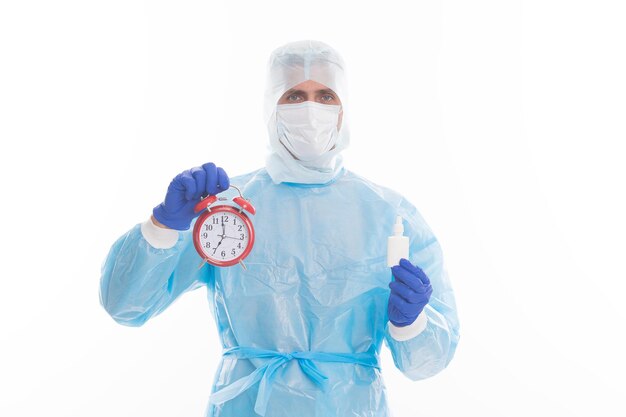How Long Does It Take To Become A Laboratory Technician?
Embarking on a career as a laboratory technician is an exciting journey into the world of science and discovery. To establish yourself in this field, one typically needs an associate degree in clinical laboratory science or a related field, which generally takes about two years to complete. This educational foundation is crucial to gaining the necessary understanding of laboratory operations and analytical techniques. Following this, obtaining relevant certifications, such as the Medical Laboratory Technician (MLT) certification from the American Society for Clinical Pathology (ASCP), can further enhance your credentials and job prospects. While licensure requirements vary by state, having a recognized certification often improves your employability and demonstrates your commitment to the profession.
For those aspiring to dive deeper into specialized areas, pursuing further education, such as a bachelor's degree, may be beneficial. This additional educational path can provide a more comprehensive understanding of laboratory procedures and open doors to advanced roles or management positions. Formal training programs offered by accredited institutions ensure that you gain practical, hands-on experience in a laboratory setting, equipping you with the skills needed to excel. The pathway to becoming a laboratory technician is enriched by choosing the right educational programs and certifications, each playing an integral role in shaping a successful and impactful career.
Key Degrees, Certifications, and Licenses for Aspiring Laboratory Technicians:
- 🎓 Associate Degree in Clinical Laboratory Science (Approximately 2 years)
- 📜 Bachelor's Degree in Medical Technology or a related field (Optional for specialized roles)
- 🏅 Medical Laboratory Technician (MLT) Certification from ASCP
- 🔬 State License (Requirements vary by state)
- 🏆 Advanced Certifications (Explore additional credentials for specialization)
By exploring these pathways, you are taking a significant step toward establishing yourself as a proficient laboratory technician. Embrace the possibilities that further education can offer in this dynamic field.
